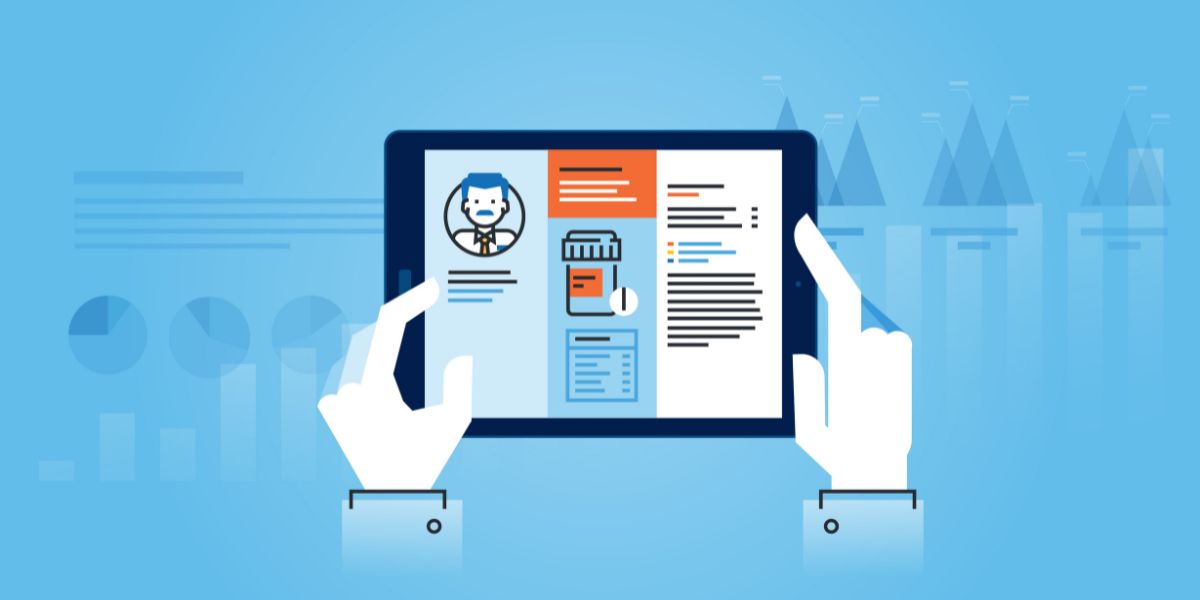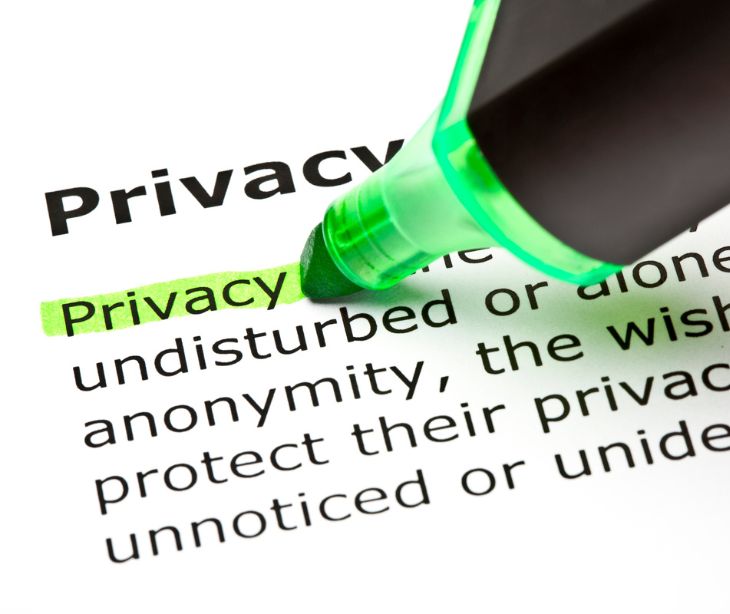
While organizations have flexibility in structuring their compliance functions, having dedicated HIPAA compliance staff can help ensure ongoing adherence to HIPAA regulations and mitigate the risk of non-compliance, which can result in severe penalties and reputational damage.
Understanding HIPAA compliance
HIPAA ensures the confidentiality and security of patients' protected health data (PHI), including medical records and contact information, within the custody of healthcare providers and associated organizations.
This assurance is achieved through the implementation of the Privacy and Security Rule. The Privacy Rule establishes guidelines for the appropriate use and disclosure of PHI, while the Security Rule sets standards to uphold the confidentiality, integrity, and availability of electronic PHI.
These standards are included within the Administrative, Technical, and Physical safeguards.
Related: A guide to HIPAA's rules
The role of HIPAA compliance officers
HIPAA does not specifically mandate organizations to hire dedicated HIPAA compliance staff; it does require them to have designated individuals or teams responsible for ensuring compliance with the regulations. These individuals are typically referred to as HIPAA Privacy and Security Officers or HIPAA Compliance Officers.
In smaller organizations, it is typical for the roles of Security Officer and Privacy Officer to be combined. However, due to the complex nature of both positions, it is often preferable to have separate individuals dedicated to each role.
HIPAA security officer
Under the Administrative Standard of HIPAA's Security Rule, covered entities and business associates must appoint a designated Security Officer. The overview of their responsibilities revolves around conducting a thorough risk assessment. This identifies potential threats and vulnerabilities to the provisions of the Technical, Physical, and Administrative safeguards, which are used to develop policies and procedures. The Security Officer's specific tasks may include:
- Conducting risk assessments: Identify and evaluate potential risks and vulnerabilities to ePHI within the organization, documenting findings to develop risk management strategies. This includes auditing business associate agreements (BAA).
- Developing policies and procedures: Creating comprehensive policies and procedures that address the security requirements outlined in the Security Rule.
- Implementing security measures: Implementing of technical safeguards, such as encryption, access controls, and audit logs, in collaboration with IT teams, and coordinating physical security measures to protect ePHI.
- Monitoring compliance: Regularly reviewing and auditing security measures to ensure ongoing compliance with the Security Rule and identify gaps in compliance.
- Training and education: Providing training and education to staff members regarding security awareness, policies, and procedures.
HIPAA privacy officer
The Privacy Officer's responsibilities are similar to those of the Security Officer but with a key focus on establishing and enforcing HIPAA-compliant policies and procedures for protecting PHI.
Factors to Consider in Hiring HIPAA Compliance Officers
When hiring HIPAA compliance officers, several factors should be considered to ensure the selection of qualified candidates. These factors include:
- Knowledge of HIPAA regulations: Officers should possess a strong understanding of HIPAA regulations, including the Privacy Rule and Security Rule.
- Experience in healthcare compliance: Prior experience working in healthcare compliance, specifically in HIPAA-related roles, is highly desirable, and a track record of successfully implementing and managing HIPAA compliance programs is preferred.
- Understanding of security and privacy practices: Officers should have a deep understanding of security and privacy practices in healthcare settings, including risk assessments, data encryption, access controls, incident response, and use of HIPAA compliant services such as HIPAA compliant email and breach management.
- Strong communication and interpersonal skills: HIPAA compliance officers require effective communication, as they need to collaborate with various stakeholders, including IT teams, legal departments, and senior management.
- Analytical and problem solving abilities: They should also demonstrate the ability to solve compliance-related issues effectively.
- Compliance certification: While not mandatory, certifications such as Certified HIPAA Professional (CHP), Certified HIPAA Privacy Security Expert (CHPSE), or Certified in Healthcare Privacy and Security (CHPS) can demonstrate a commitment to professional development and knowledge in HIPAA compliance.
Risks of operating without specialized HIPAA expertise
Existing staff members may not have an in-depth understanding of HIPAA regulations, including the Privacy Rule and Security Rule, which ensures compliance. This lack of expertise can lead to misinterpretation or incomplete implementation of HIPAA requirements.
Often organizations appoint the IT manager in the position of compliance officer. The protection of PHI extends beyond ePHI and encompasses various other forms, such as paper records or verbal exchanges. By appointing someone with limited expertise in compliance and a narrow focus on IT, organizations may inadvertently neglect critical areas of HIPAA compliance and fail to implement comprehensive safeguards to protect PHI in all its forms.
Considering external compliance staff options
External resources, such as consultants or compliance service providers, can serve as valuable alternatives to appointing internal staff members as HIPAA compliance officers. Leveraging these resources for HIPAA compliance can provide organizations with access to specialized expertise, objective assessments, and cost-effective solutions, ultimately enhancing their ability to protect PHI and meet regulatory requirements. Note that the organization will require a BAA to be in place with this external organization.
Do you need a dedicated HIPAA compliance officer?
Every organization aiming to achieve HIPAA compliance will require the presence of a compliance officer. This individual is responsible for overseeing the organization's adherence to HIPAA regulations, ensuring the protection of PHI, and mitigating risks of non-compliance. The organization has the option to appoint an internal compliance officer or engage a third-party service provider to fulfill this role.
Subscribe to Paubox Weekly
Every Friday we'll bring you the most important news from Paubox. Our aim is to make you smarter, faster.





